Is CAFE Good for Detroit?
The Detroit News covers the report by the University of Michigan’s Transportation Research Institute (because TRI texts are behind a password lock). Authors Walter McManus and Ron Kleinbaum write,
Story after story frames the issue of a struggling industry that will not survive tough fuel economy standards. However, there is substantial evidence that the domestic auto industry has ignored customers’ demands for fuel economy, and has consistently undervalued the impact of fuel economy on their profit potential.
Plus,
Our view is that GM is still not prepared to change enough, fast enough to achieve the transformation it needs to make.
Go on . . .
Actually, that’s about it. We don’t get a link to the actual study. Unlike, say, Green Car Congress‘s coverage of a study that says plane travel is less polluting than the Boston Green Line. The assertion is simply that improved fuel economy unlocks new demand for automobiles. Which means “forcing the industry to boost fuel efficiency can help make it more competitive,” to quote the DetN’s paraphrase. To the tune of $3 billion a year in increased gross profits for the “domestic” (did they do well in home ec?) automakers.
More by Edward Niedermeyer



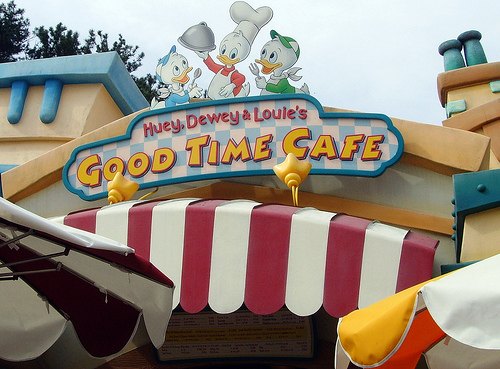















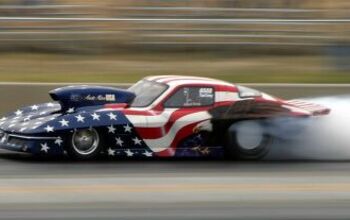

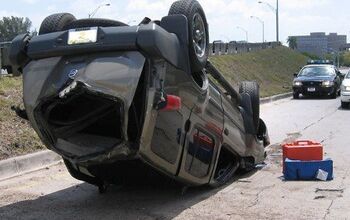
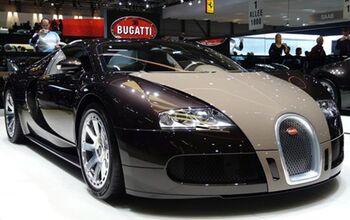
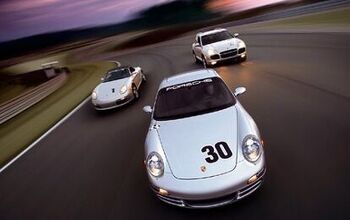
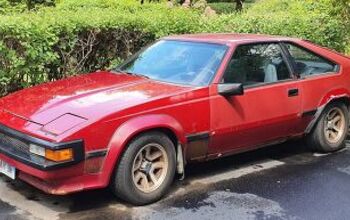


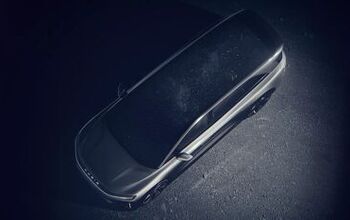






Comments
Join the conversation
Geeber: "The simple fact is that the Camry and the Accord are no longer small cars..." The Camry and Accord are significantly lighter than the Malibu. So, what's the Malibu? A large car with cramped interior room?
KixStart: I totalled Toyota's figures from before the slump (it is on another discussion thread from about a year ago), and Toyota was selling more larger cars (cars bigger than a Corolla), trucks and SUVs than small cars (even when Scions were added to the total of small cars). That is why I qualified my statement by limiting it to Toyota's sales before the recent slump. Things have certainly changed now, but that the original point of contention was that Toyota only "grudgingly" entered these other market segments, and that is hardly accurate. Kixstart: And what is a ‘large car,’ an Avalon? It weighs 54lbs more than a Malibu with a 4-banger weighs (specs from Edmunds). Yes, it is a large car. It may not weigh much more than a Malibu, but it is clearly designed and marketed to people who want a larger, cushier sedan in the tradition of the Buick LeSabre or Lucerne. Also note that recent new GM vehicles have been been packing on the pounds, as GM has sought to control noise, vibration and harshness while simultaneously improving crash ratings. Just because a Toyota or Honda is lighter than a comparable GM product does not make it a small car. KixStart: If we look at ‘trucks,’ the Rav4, Highlander (both operate satisfactorily with 4-cylinder base engines) and the Sienna are all unibodies and actually outsell Toyotas pickups and almost as well as the 6 other trucks put together. They are still crossovers or minivans and are not "small cars." KixStart: The Vue is probably 500 lbs heavier than a CR-V and the CR-V doesn’t even have a V6 option. Honda does not build large volumes of large vehicles. As I have noted, the Vue has gained weigh with its recent redesign - as have other GM vehicles. The CR-V is still hardly small, and please note that the third and fourth best-selling Hondas are the CR-V and the Odyssey, respectively. KixStart: So, what’s the Malibu? A large car with cramped interior room? It is noticeably narrower than many of its competitors. That doesn't make it a small car - just a mid-size car that is pretty hefty for its size and interior room. Again, GM has been adding pounds to new models in its quest for more refinement and safety. The Malibu, Accord, Camry, Altima and Fusion are the descendants of the 1960s Chevelle/Malibu, Fairlane/Torino, Comet/Montego, Belvedere/Satellite, Coronet, F-85/Cutlass, Tempest/LeMans, Special/Skylark and Rebel. Not too small, not too big. They are not designed or marketed as small cars. They are designed to be fuel-efficient for their size and comfort levels, which is a good thing, but that is not synonomous with "small."
Geeber, The only way that all means anything is, "In comparison to what?" I'd be delighted to see how Chevy stacks up on your breakdown of small/not small cars. Do they actually offer any? Any that are worth buying?